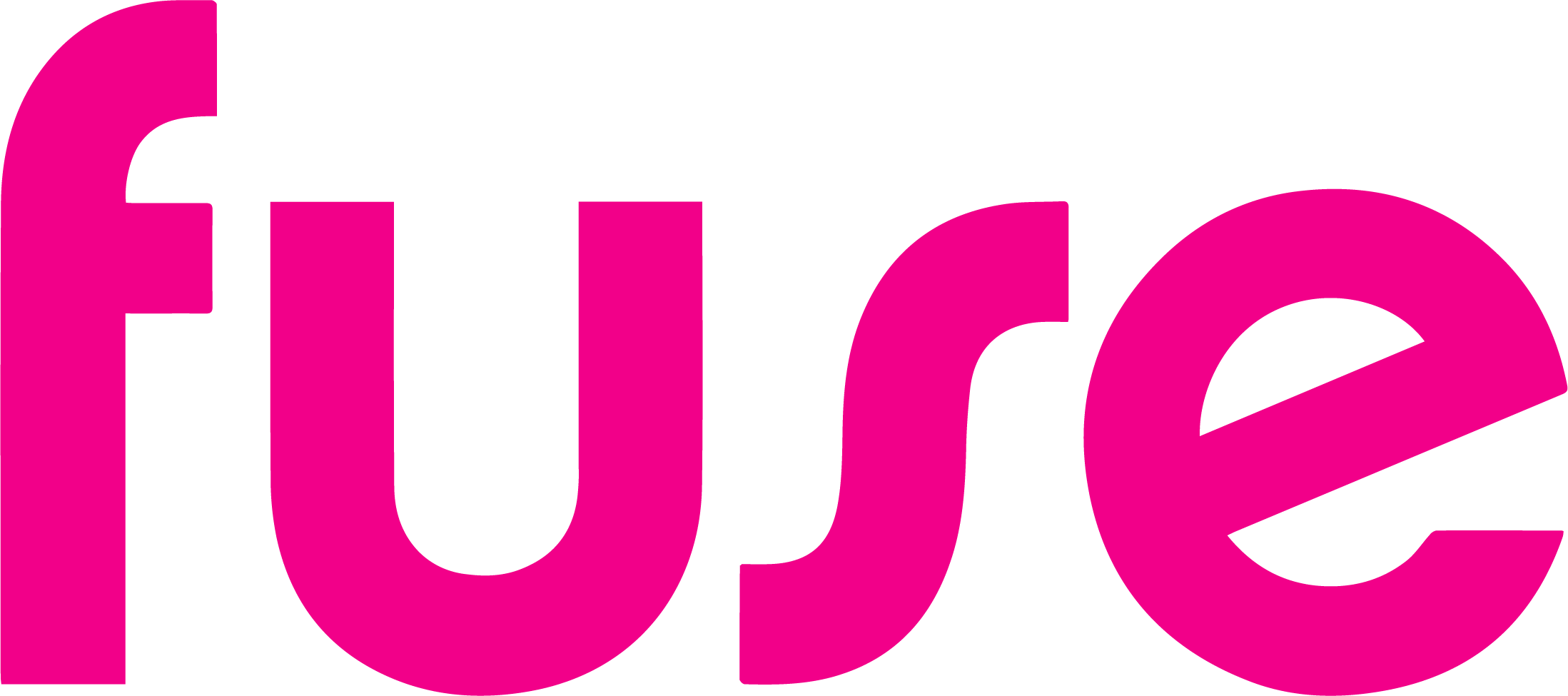
A Practical Guide to Creating Measurable Hypothesis for Your Learning Experiments
Today’s fast paced and uncertain world requires a more agile and adaptable approach to learning.
The most successful L&D teams aren't spending months building out extensive learning programmes. Why? Because they experiment, and they know that a good experiment starts with a measurable hypothesis.
This guide will take you through a step-by-step process to help you craft solid hypotheses for your learning experiments.
- How to use experiments to create continuous cycles of improvement.
- Precise steps to create your own hypothesis.
- A case study of how one Fuse customer's experiment led to 185% employee engagement in a month.
Want to learn more?
Like this eBook?
Discover more of our resources:
.png)
The Rise of Gen Z In The Workplace
11 October, 2024
This infographic highlights FIVE ways you can keep the TikTok and social media generation engaged in learning.
.png)
Encouraging A Growth Mindset Within Your Organisation
10 October, 2024
This infographic delves into the topic in more detail and outlines several key ways you can encourage a growth mindset within your organisation.
